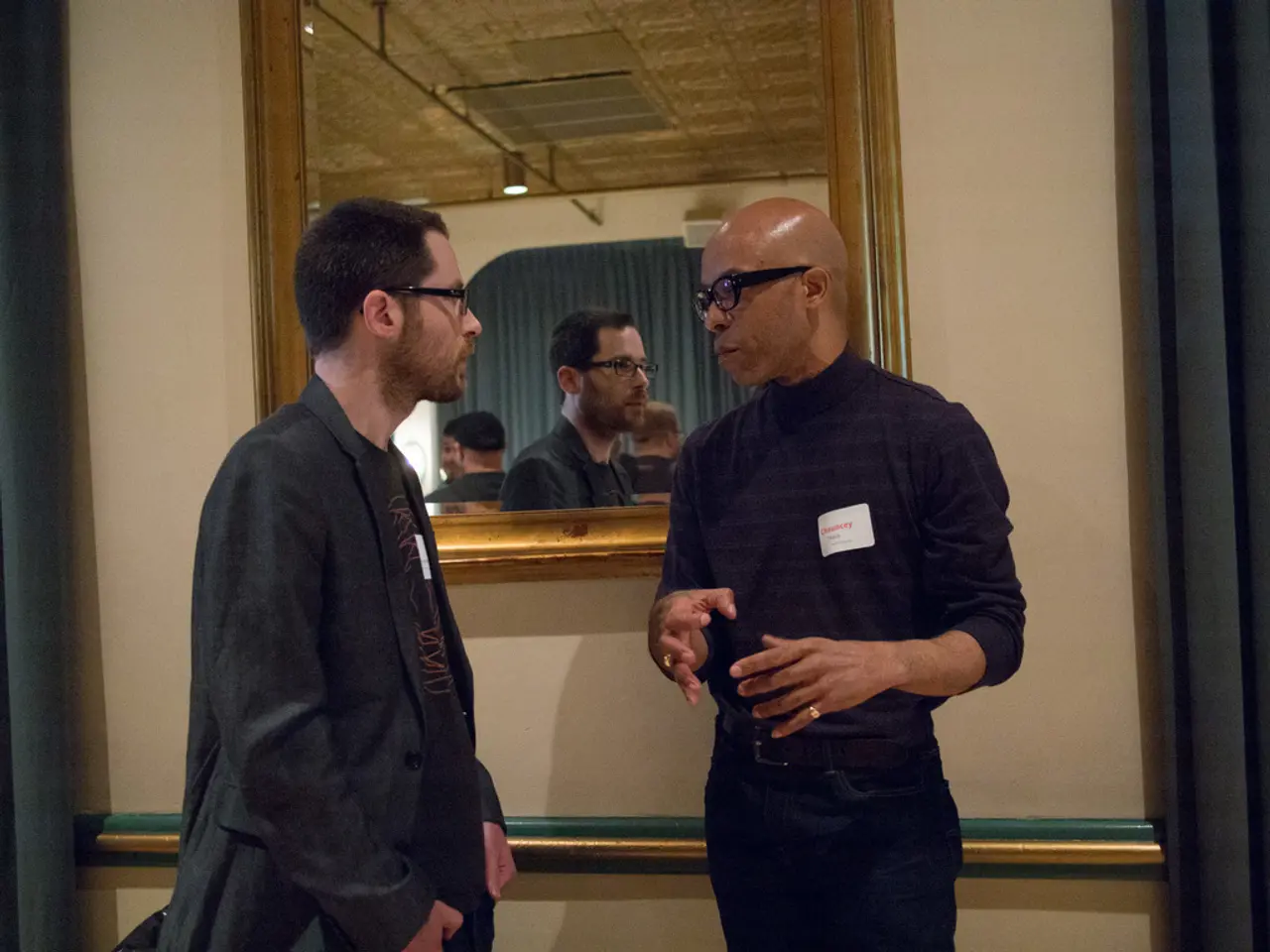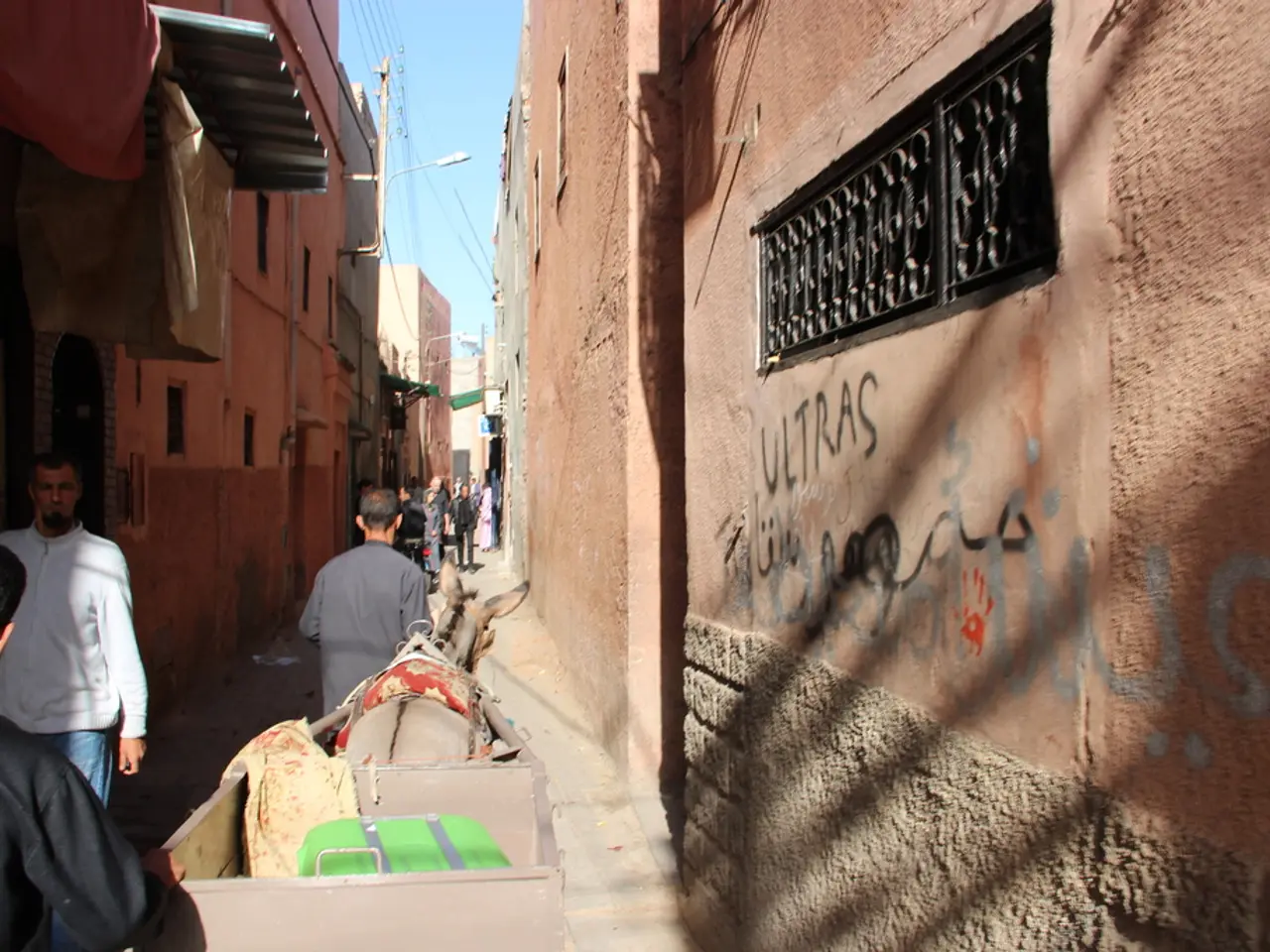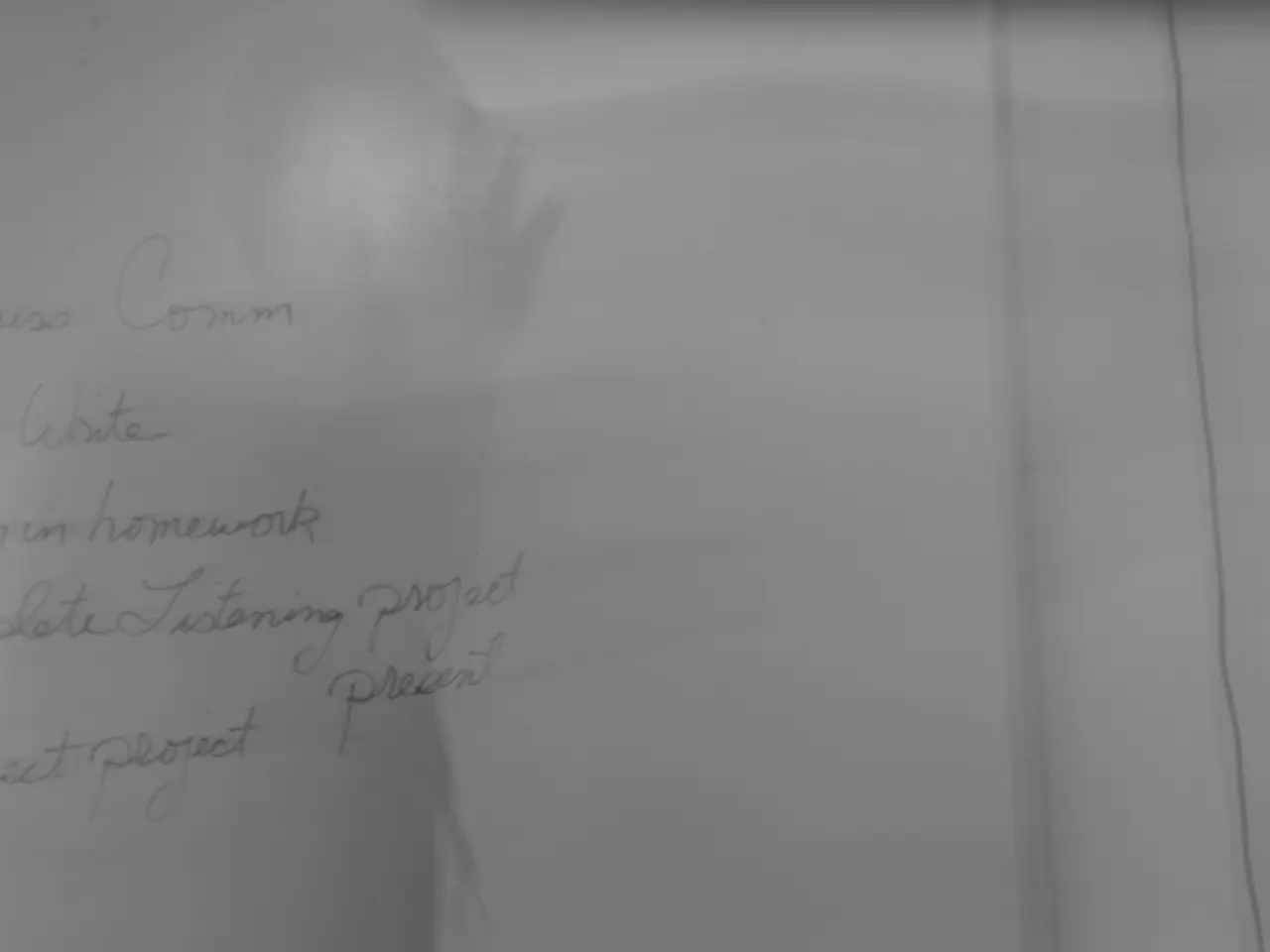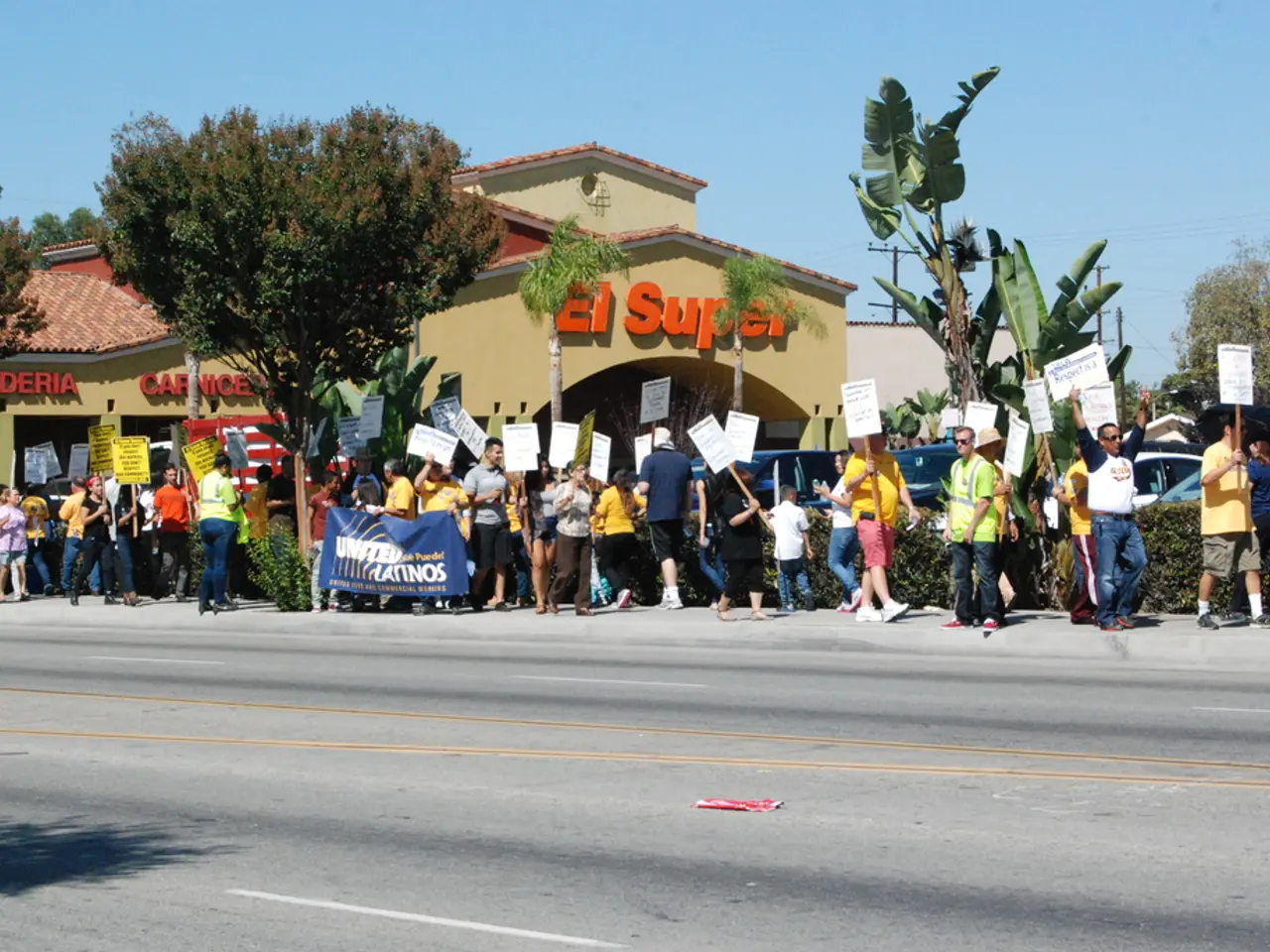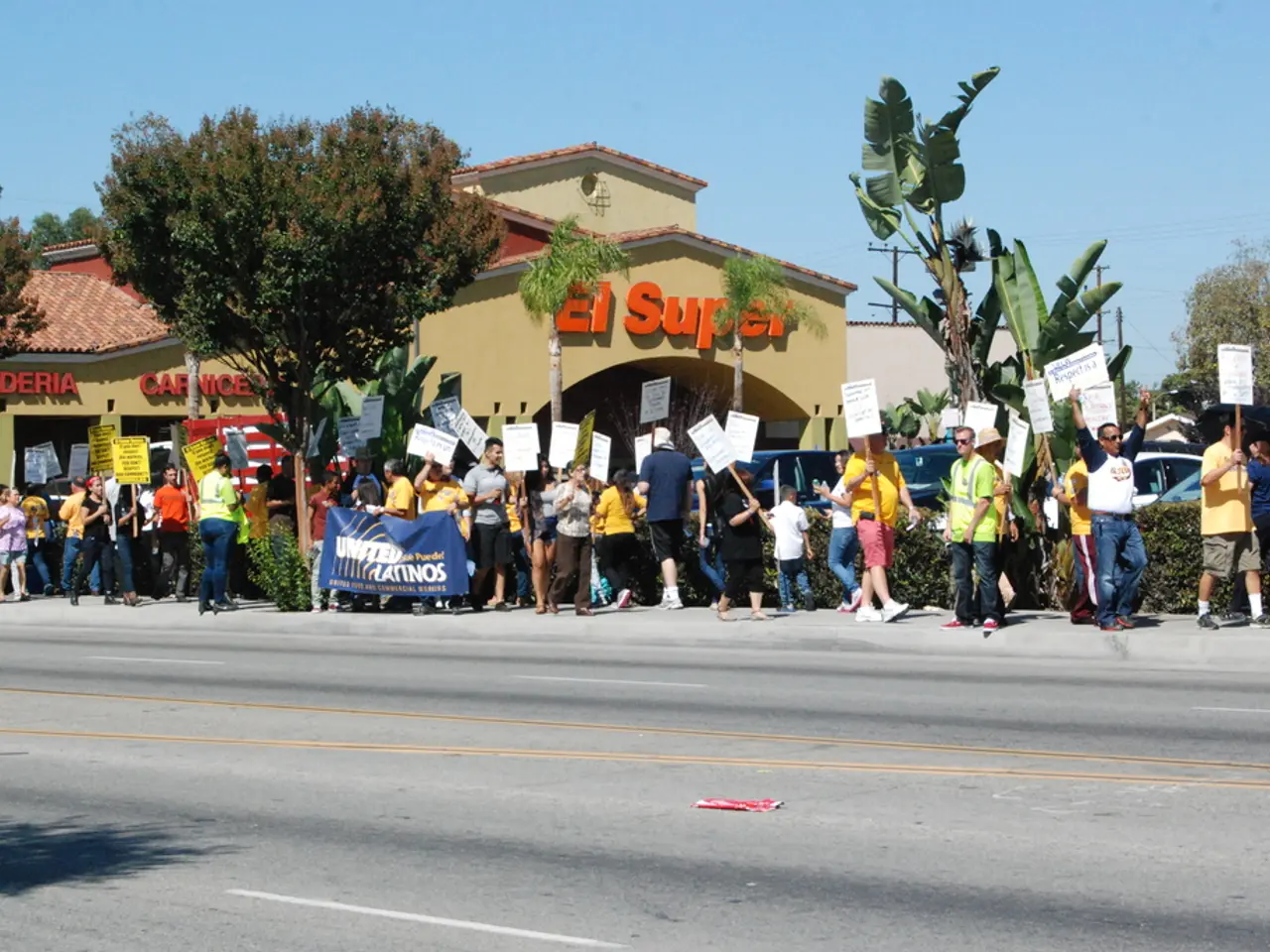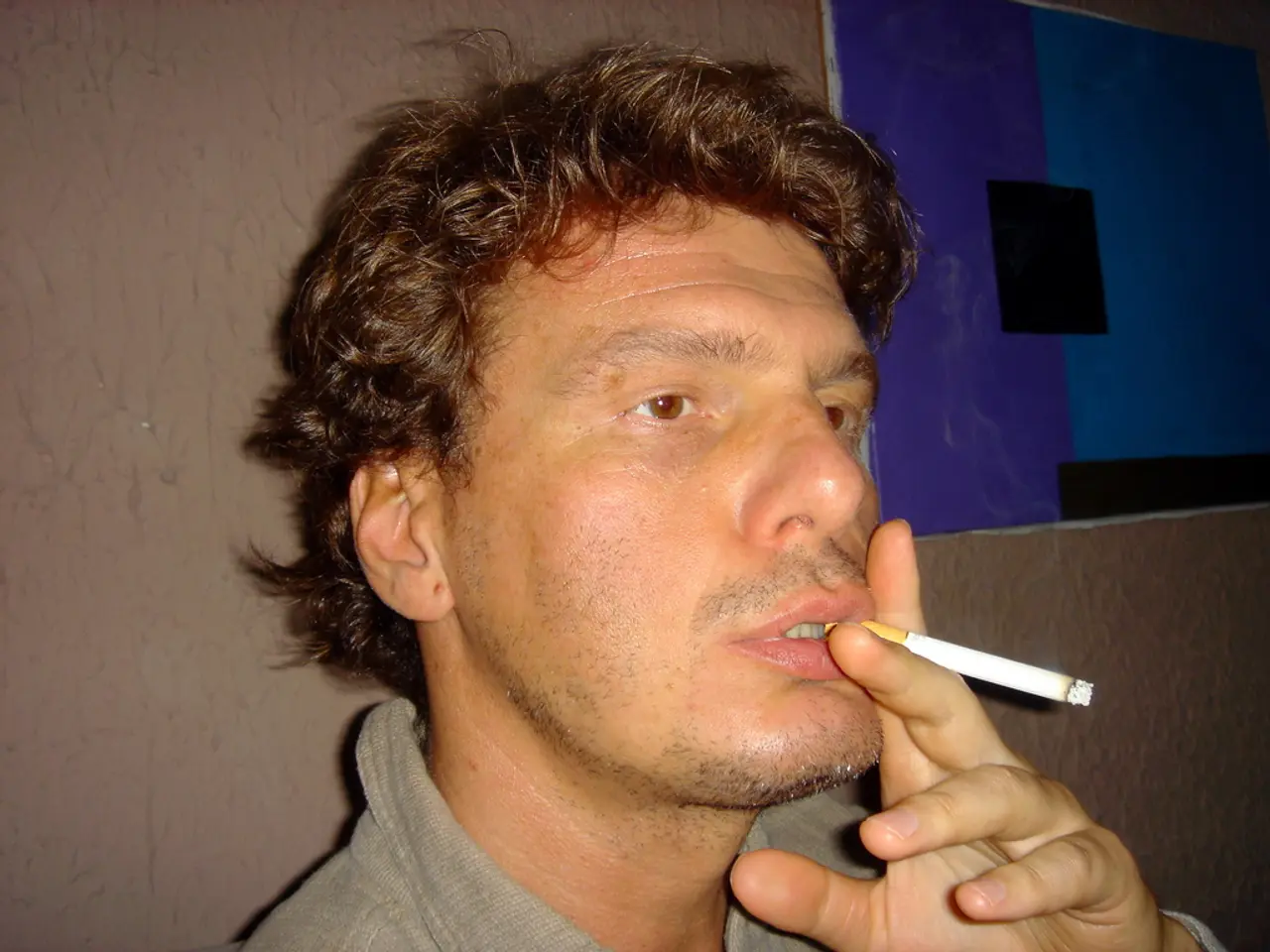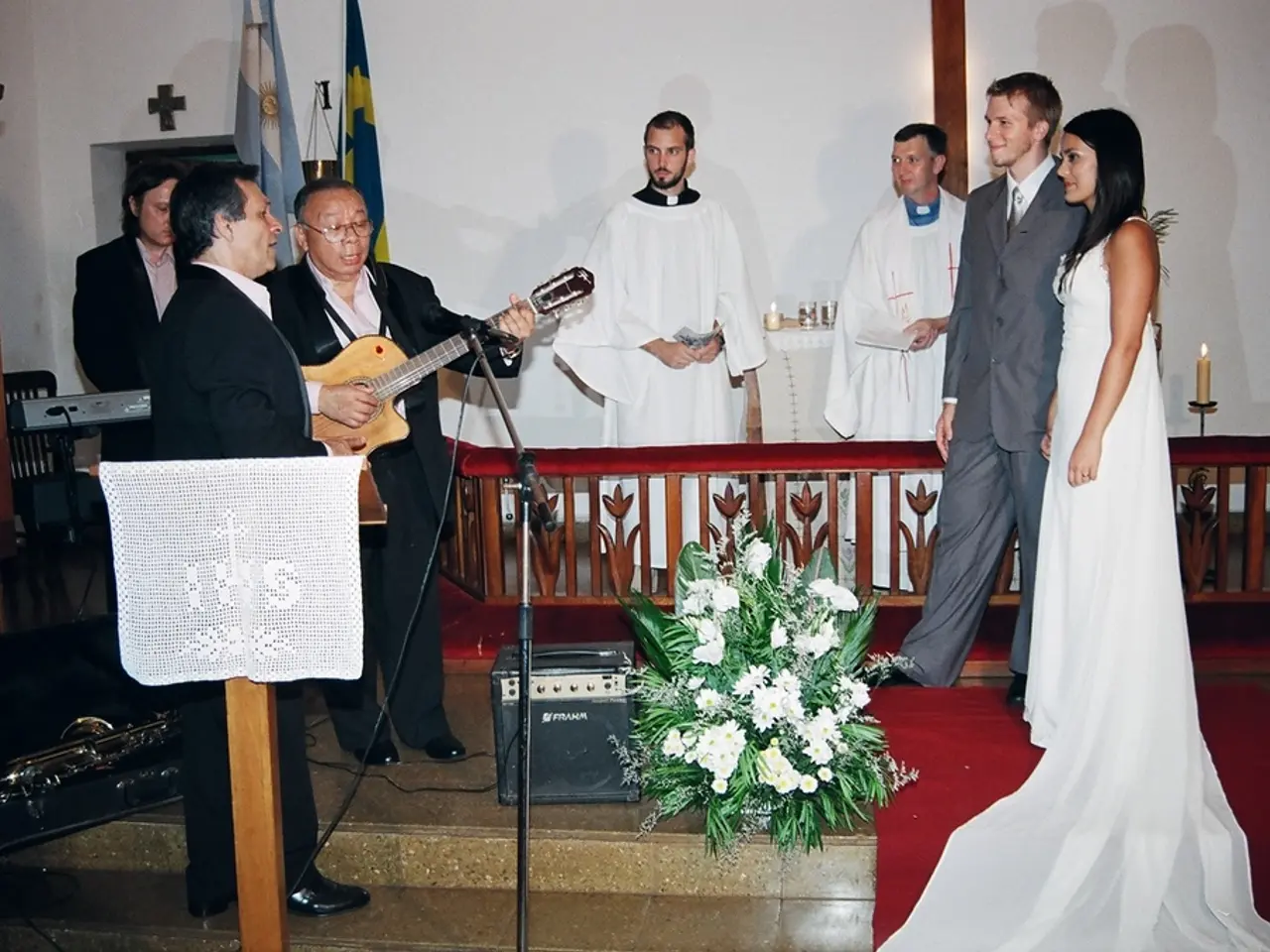President of Central African Republic contemplates third term in office
In a move that has sparked controversy and raised concerns, President Faustin-Archange Touadera of the Central African Republic (CAR) has confirmed his bid for a third term in office in the upcoming December 2025 elections. This decision follows a controversial 2023 constitutional referendum that abolished the two-term limit and extended the presidential mandate from five to seven years.
The referendum, carried out under disputed circumstances, provided the legal basis for Touadera's third-term bid but has faced widespread criticism regarding its legitimacy. Critics argue that the referendum undermines democratic processes by extending presidential tenure beyond previously agreed limits. The move is seen as part of an increasingly authoritarian consolidation of power in the country, with significant implications for democratic governance and ethnic cohesion.
The CAR has experienced decades of conflict, including powerful armed groups such as the Coalition of Patriots for Change (CPC), insurgencies, and coups since independence. The 2020 election, which Touadera won for his second term, was contested by rebels who sought to overturn the results. The government's strategy to maintain power includes enlisting foreign support, notably from Russian Wagner mercenaries (now reportedly a rebranded Russian-linked force) and troops from Rwanda. This foreign military involvement has raised questions about the fairness and independence of state security forces during elections.
The security-driven narrative promoted by the government, framing Touadera’s continued rule as essential for national stability, coupled with strong Russian backing, limits domestic opposition space and civil society influence. This, in turn, fuels skepticism about electoral freedom and fairness. No official date has yet been set for the December vote, but expectations of limited political pluralism and a managed electoral environment persist.
The opposition, united under the Republican Bloc for the Defense of the Constitution (BRDC), has held a rally to demand President Touadera engage with them about the elections. Opposition and civil society organizations boycotted the referendum, accusing the government of fraud. The electoral registers are unlikely to be finalized in time, according to a United Nations researcher and human rights lawyer, Yao Agbetse. Moreover, the Arc-En-Ciel network has raised concerns about the absence of data from 754 registration centers out of the 3,919 legally established by the National Electoral Authority (ANE).
Despite these challenges, Touadera's party, the United Hearts Movement (MCU), is confident they can win the December elections in the first round. Prime Minister Felix Moloua announced that local and general elections will be held simultaneously. Evariste Ngamana, vice president of the National Assembly and spokesperson for the MCU, supports Touadera's candidacy for the presidency.
The CAR remains impoverished despite possessing resources in gold, diamonds, and timber. If Touadera is elected, he would lead the country for seven renewable years. The rising distrust in the government, coupled with ongoing instability and foreign military involvement, casts a long shadow over the upcoming elections, raising questions about the future of democratic governance in the Central African Republic.
This article is edited by Cai Nebe.
- The international community has expressed concern over the government's policy-and-legislation decisions, such as the extension of President Touadera's presidential mandate in the Central African Republic (CAR), citing potential undermining of human rights and democratic processes.
- The general-news media outlets have reported on the increasing authoritarian consolidation of power in the CAR, with the president's bid for a third term in office and the controversial 2023 constitutional referendum being primary arguments.
- The conflict in the Central African Republic, marked by war-and-conflicts, crime-and-justice, and ethnic cohesion issues, has remained a point of interest for the international society, with the upcoming December elections raising further concerns.
- In the face of disputed circumstances surrounding the constitutional referendum and allegations of fraud, civil society organizations in the CAR have boycotted certain policy-and-legislation decisions and called for greater democratic governance.
- The crisis in the Central African Republic, characterized by instability, foreign military involvement, and questions about fair elections, has sparked debates around the state of human rights and democratic processes in the country.
